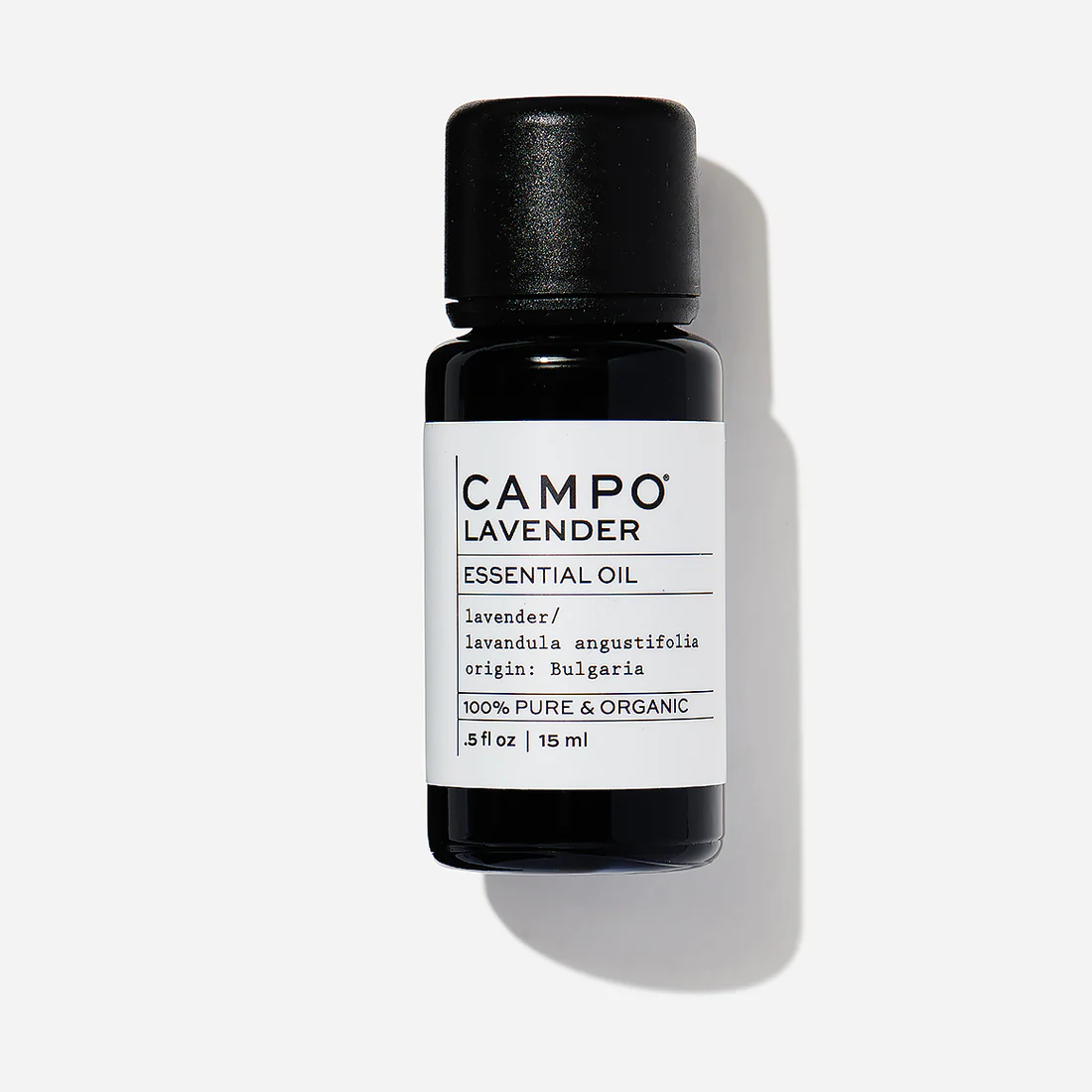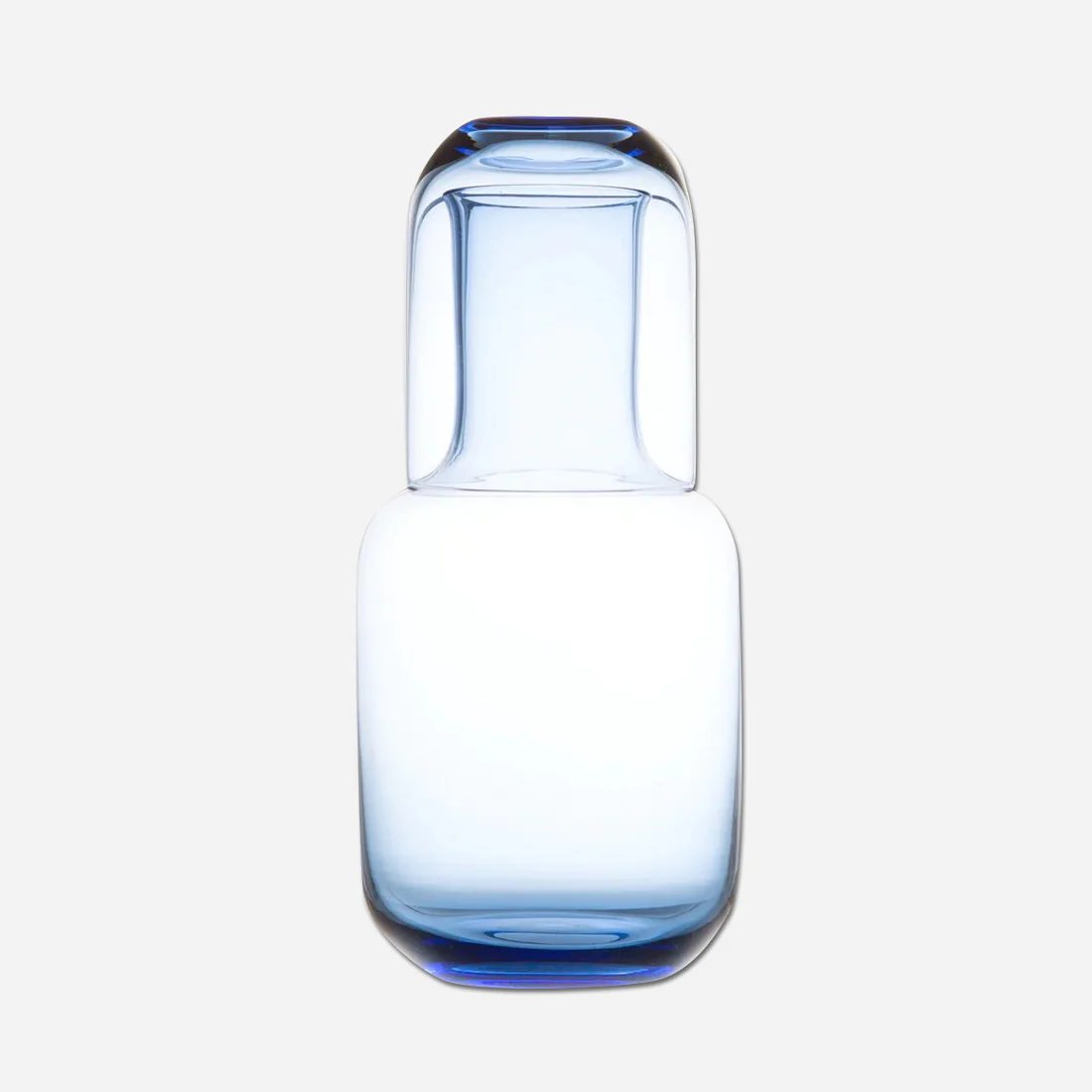
Inhale Exhale
Dr. Kristen Casey on Insomnia & How to Overcome It
Insomnia is the most common sleep disorder. Armed with that knowledge and bouts of insomnia ourselves, we sought out the advice of Dr. Kristen Casey, a clinical psychologist who specializes in CBT-I (cognitive behavioral therapy for insomnia). She shares with use some tips to overcome sleeplessness and improve our well-being this World Sleep Month.
You specialize in insomnia. Why did you choose to focus on this specifically? What impact does poor sleep have on our overall health and wellness?
Insomnia chose me! I completed my doctoral training at the Department of Veterans Affairs and was required to do an insomnia group as part of my primary care rotation. I wasn’t too excited about it at first, but I ended up falling in love with helping those with their sleep concerns. It was a Cognitive Behavioral Therapy for Insomnia (CBT-I) group.
In my opinion, sleep is the pulse of our life. When our sleep is off, it’s likely that something else is off in our life. We might be experiencing stress or other life situations that cause issues with our sleep. Poor sleep has an impact on our livelihood.
What are some of the most common causes of insomnia that you see?
Insomnia can be caused by a variety of factors. The most common causes of insomnia that I see in my practice include anxiety, stress, unhelpful behaviors (e.g., staying up late waking up early, naps, drinking too much alcohol or caffeine), and environmental factors (e.g., bed partner who snores, noisy pets).
What are some steps you recommend we take to help mitigate insomnia and improve our quality of sleep? Are there any unhealthy habits we should avoid?
It’s important to talk with your doctor about your individual health concerns before using any of these tips, or any tips that you see on the internet. However, there are a few small tips that may help most people:
1. Wake up at the same time every day. This may not be possible for everyone, but any consistency is better than none.
2. Have a 60 minute buffer time before bed. Lower the lights, less screen time, relaxing activities
3. Limit caffeine to 8 hours before your intended bedtime. Caffeine and naps usually decrease our sleep drive, causing difficulties for initiating sleep at night.
Anxiety is often a leading cause of poor sleep. As a clinical psychologist focused on CBT-I do you have any practices that we can engage in to reduce this stress?
Yes, so many! I love working with people on anxiety as it relates to their insomnia. Stress and anxiety are a bit different. However, there may be stressful situations that are out of our control. We may not have solutions to this stress and it might keep us up at night. In that case, “catch it, check it, change it” 1 from the BBC, shows CBT and scheduled worry time from CBT-I are two helpful tactics. These tactics won’t work for everyone, so we may have to get creative at times.
“Catch it, Check it, Change it
1. CATCH IT – Catch the unhelpful thought. Learn to be aware of what you are thinking and when you have a negative thought. One of the defining factors of being human is the ability to analyze ourselves and our own thoughts.
2. CHECK IT – (there are a few sub-steps to this one) It’s difficult to be objective about one’s thoughts so it can be helpful to talk things over sometimes with someone else or with a therapist.
a.) Be rational. Is it real? Examine the evidence. You can ask someone else about it. (Did you hear that? Did such-and-such happen? What do you think of this idea or theory?) Use logic.
b.) Be specific.
c.) Thinking in shades of grey. Often, things are not absolute. What are your strengths and weaknesses? What can I work on?
d.) Apply the double-standard technique. With negative/unhelpful self-talk, a person wouldn’t usually talk to their friends or family the way we sometimes talk to ourselves (or think about ourselves) Try not to be too hard on yourself when working on this. It’s not necessary to hold yourself to unachievable or unreachable higher standards when comparing yourself to others. Is it a distorted thought thinking you are better than everyone else (or wanting to be better)
e.) Optional: Take a survey. Reach out to others. Ask others (make sure they are trustworthy and will offer you honest opinions. (people with stigma clouding their opinions may not be able to offer very helpful or useful advice). Get feedback.
3. CHANGE IT – Substitute the negative thought with something else that is more reasonable. A simple, hypothetical example of this would be maybe you had a negative thought similar to the following “My friend cancelled our movie date. Maybe they don’t like me. Are they in trouble? Are they going with someone else instead?” and replace it with “My friend cancelled our movie date. I’ll have to find out what happened. Maybe we can rebook.” 1
Scheduled Worry Time
Yes, we are scheduling time to stress and worry. Scheduled worry time has three parts: (a) worry identification; (b) worry delay; and (c) worry time. We choose a time each day as our scheduled worry time, not too close to bedtime. Perhaps it’s on our lunch break at work (12p) or on the drive home (5p). We may notice worry thoughts before bedtime or during the day, and we have to delay thinking about these thoughts until our scheduled time. Then, during our worry time, we set a timer for about 15-30 minutes and allow our mind to go there. You may start to notice your mind trying to think of solutions.. and, well, sometimes there are no viable solutions. That’s okay.
If we notice these ruminative thoughts pop up when we’re in bed, we’ve already spent 30 minutes worrying about them earlier and we came up with no viable solutions. It’s safe to say that worrying more in bed might not be so helpful, so we try to delay those thoughts again until our scheduled worry time the next day and distract our mind with something else, perhaps some light music.
Many of us struggle with bedtime anxiety surrounding our inability to sleep. How do you suggest we handle this?
We refer to this as increased sleep effort. We try to think about our sleep and if we will get enough of it. We start to worry more about our sleep because we are worried that we will wake up feeling unrested. The anxiety about our inability to sleep likely increases our sleep effort (e.g., overly restrictive routines, overemphasis on buffer time and strategies to promote sleep). This effort increases our anxiety.
I like to tell clients, “engage in the strategies, and try to not think too much about your sleep.” It’s very difficult for most people, including myself! We don’t enjoy being tired. Excessive worry is like a rocking chair, it gives you something to do but it doesn’t get you too far most of the time. Acknowledging our stress is helpful and important but staying there isn’t so helpful.
I’d suggest engaging in sleep hygiene strategies, maintaining a consistent schedule, challenging unhelpful thoughts about sleep during the daytime, and reducing our expectations for sleep.
For those of us that wake up consistently throughout the night, do you have tips on how to prevent this? Perhaps ways to fall back asleep more quickly?
This truly depends on the person and the reasons for the awakenings. Sometimes our awakenings are due to anxiety, other times it’s due to medical conditions. It’s important to consult your doctor about these issues if you’re waking up consistently throughout the night. However, most of us average about two or three brief awakenings overnight, which is seen as normal. If we’re awake for more than 20 minutes, we suggest getting out of bed and engaging in a light activity that doesn’t induce stress. I’d suggest avoiding social media or anything stressful, and perhaps reading a book or listening to meditative music. We aren’t “trying” to go back to sleep, we’re engaging in activities that may promote sleepiness.
Many people who struggle with sleep turn to sleep aids, be it medication or supplements. What is your opinion on these? Are there sleep aids you recommend we try? Any that we should avoid?
Cognitive Behavioral Therapy for Insomnia (CBT-I) is the first line treatment for chronic insomnia. Sleep aids are clinically indicated for acute insomnia (e.g., jet lag, change in schedule). I often suggest consulting your medical doctor to ensure there are no side effects or interactions with the other medications you may be taking. I don’t often suggest using supplements, such as exogenous melatonin or sleep aids to fall asleep, however, I don’t discourage them if the person is encountering a short bout of insomnia that will go away quickly.
Rapid Fire Round:
Do you have a bedtime ritual?
Yes! This changes every few months. Currently, I start to lower my lights, turn on light instrumental music, and play with my dogs a bit. I drink water and I either read a book, stretch, or do yoga. I turn off all electronics 60 minutes before bed. Of course, this may not happen every single night (we’re all human!) but I try to do this as often as possible.
What do you wear to bed?
I wear light clothing that won’t make me hot overnight. We notice we sleep the best when it’s a little cooler in our room.
What is on your bedside table?
Water
Are you a night owl or an early bird?
I used to be an early bird, now I’m more of a night owl.
Which scent makes you think of bedtime?
Lavender
Are you reading or watching anything good at the moment?
I’ve been watching Physical 100 on Netflix.
What are some nighttime items you cannot live without?
My mind. It helps me regulate my thoughts and get into a good headspace for sleep.
What is your guilty pleasure?
Coffee. I have to be mindful about how often (and how much) I’m consuming caffeine so it doesn’t keep me up at night.
Are there any health & wellness trends you’re interested in trying?
Hmm, I’m not really big with wellness trends. I like finding a few things that work for me and I tend to keep it at that. I notice that I’ve been interested in learning more about how different musical beats affect our mood and brain. That may be helpful for sleep.
How do you engage in self-care?
I spend 10 minutes per day (minimum) meditating and reflecting in the morning and at night. I also try to have deep conversations with my friends or partner. Self-care for me is connecting deeply and sharing moments and memories.
What is your favorite way to de-stress?
Meditation. Sometimes I cry, other times I reflect and journal.
What is your favorite workout at the moment?
I’ve been lifting weights consistently since October 2022 and I do this every other day.
What do you consider the single most important thing for a good night’s sleep?
Challenging unhelpful thoughts at night. These thoughts might be true, but they might not be helpful to think about right before bed.
What is your skincare routine like? Do you have any holy grail products?
I am pretty basic when it comes to my skincare routine. I’ve tried a few products but I typically use lotion, serum, and the occasional face mask.
How would you choose to spend one hour of free time?
With the people I love, creating fun memories.
If you could choose a song to wake up to every morning, what would it be?
It would probably be instrumental beats




